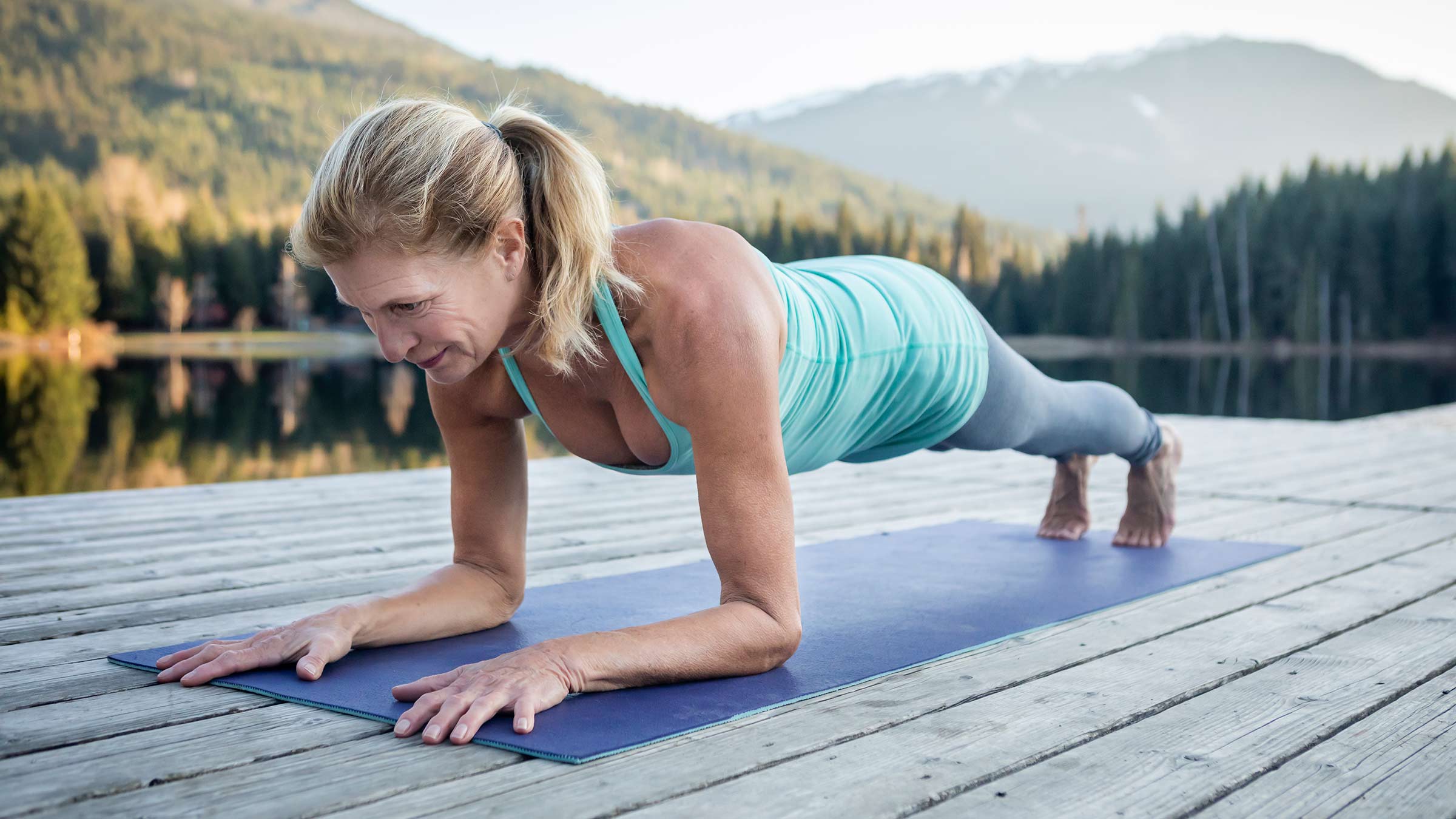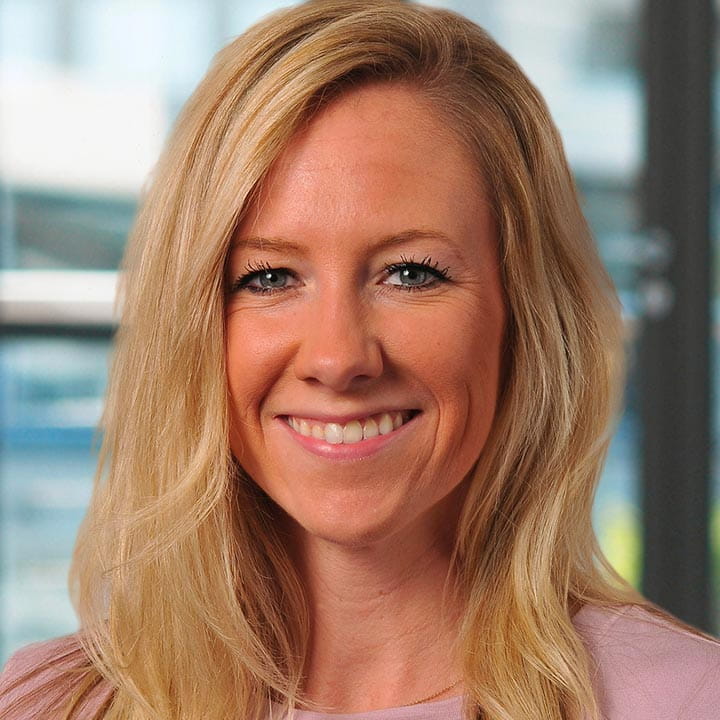
You might have noticed that your once-toned muscles are turning saggy as you age.
It’s possible to build muscle in midlife and long afterward, though it may take a little longer than it did when you were in your 20s.
Being active and eating enough calories and protein every day, you can avoid the muscle loss that can happen if you don’t: a 3 to 5% loss of muscle mass every decade. That pattern of loss can begin as early as 30 years old.
The good news is that if you exercise, have a healthy weight and are eating enough protein in each meal, you can build muscle rather than lose it.
Besides aging, there are many reasons you can lose muscle mass.
Why people lose muscle mass, besides aging:
- Weight loss
- Being inactive
- Hormone changes
- Chronic diseases such as diabetes, kidney disease and multiple sclerosis
Too few calories can deplete muscle
If you’re not eating enough food every day because you’re trying to lose weight, or you’re just not hungry, your body may start to break down muscle to get calories. That, in turn, can slow your metabolism and make it harder to lose weight, if that’s your goal.
What’s enough calories to eat each day depends on your age, your height and your metabolism.
Protein helps build muscle
How much protein you eat can determine whether you’re building or losing muscle. Try to eat protein throughout the day, in every meal and even in your snacks, so that your muscles get a constant supply of energy.
Our bodies can only process so much protein at one time, so having a high protein breakfast and then skimping on the protein for lunch and dinner isn’t a good idea.
Typically, 20 to 30 grams of protein four times a day, and 10 to 20 grams of protein for snacks is enough for most people. A larger person might be able to process up 30 to 40 grams of protein per meal.
Complete proteins offer the most to muscles
Types of protein with a complete array of amino acids our bodies need include: dairy, eggs, meat and soy. Soy has as many amino acid chains as meat.
You can meet all of your protein and essential amino acids with plant proteins, such as beans, nuts and grains — as long as you eat a variety of plant proteins throughout the day.
The risk of too much protein
It’s possible to overdo it on the protein in one meal. That’s not usually a problem unless you have chronic kidney disease, because when you digest protein, your kidneys have to work harder to break down protein than to break down carbohydrates, for example.
If too much of your protein comes from meat, you could also be getting more saturated fat than you need, too. That can increase your risk of heart disease.
Exercise to help you gain muscle mass
A lot of times when people think about exercise, they think of cardio exercise — walking, running, playing pickleball. They don’t think of strength training exercise.
Exercises that use your heart and lungs are good for you, but they might not help you build muscle throughout your body as much as strength training does.
Strength training is particularly important as you age. Consider these exercises to prevent muscle loss with age:
- Push-ups
- Squats
- Planks
- Lunges
- Resistance band exercises
- Lifting weights
Two to four times a week, try to exercise various muscles. Be consistent with your exercise.
Strength training puts tiny tears in muscles, then nutrition from protein allows your body to repair those tears, building larger, stronger muscles.
Whatever exercise you do, it’s important to stretch before and afterward. That helps keep you limber and prevents injuries.
How long does it take for older adults to build muscle?
Some people build muscle easily; for others, it takes more time. How quickly it happens depends on your diet and how active you are, as well as inherited traits.
What supplement stops age-related muscle loss?
Creatine can help in creating as well as preserving muscles, and it could also strengthen your bones. Creatine occurs naturally in your muscles and in some foods. The only downside to taking creatine supplements is that they may cause you to gain weight because you’ll retain more water.
If you’re hoping to turn the flab or sag in your arms and legs into muscle, be patient. When you’re younger, you build muscle faster because an aging body doesn’t process protein as efficiently.
Another benefit to building muscle as you age is that older people are more likely to have trouble with balance and risk falling. The more muscle you have, the less likely you’ll fall and possibly break a bone. That’s a really good reason to aim to do as much as you can to build muscle rather than watch it disappear.

Healthy eating is within your reach!
Make an appointment with our dietitians or nutritionists.
Schedule an appointment




